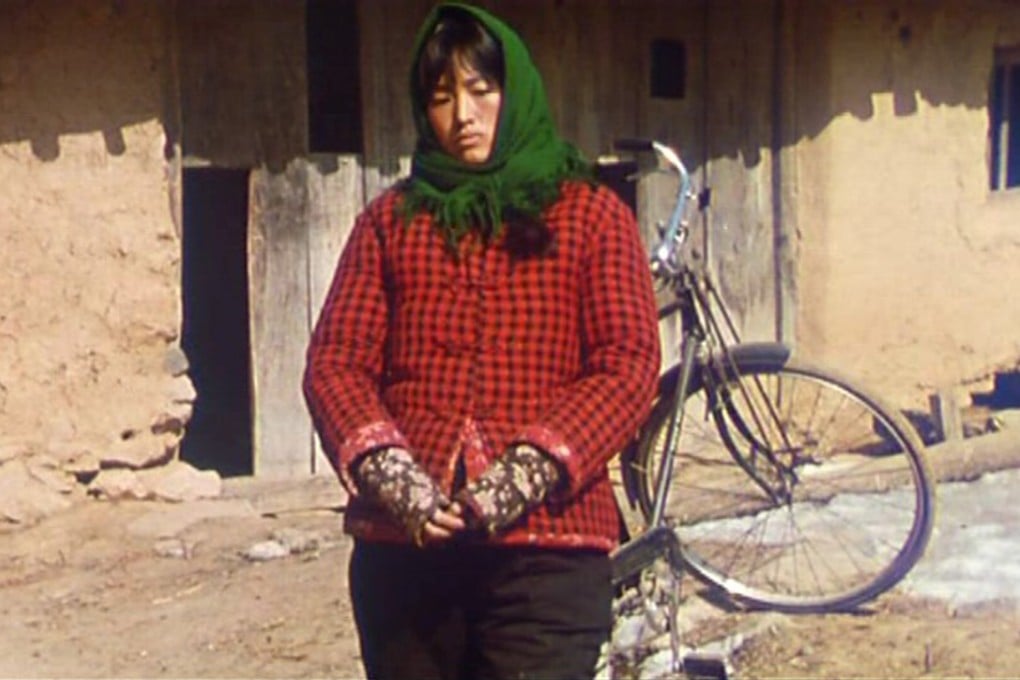Advertisement
The 5 best films of Gong Li, Chinese actress in the spotlight, starting with Red Sorghum, her debut feature and that of its director, Zhang Yimou
- Gong Li made her feature film debut in Red Sorghum in 1987, the first in a string of Zhang Yimou productions to earn international acclaim
- Once criticised for taking foreign nationality, a touchy subject of late with Chinese nationalists, Gong’s recent roles pale in comparison to her early ones
3-MIN READ3-MIN
2

Gong Li shot to fame in 1987 in the romance Red Sorghum, set during the second Sino-Japanese war and the first Chinese film to win the Golden Bear, top prize at the Berlin International Film Festival.
From then until the mid-2010s, she and the film’s director, Zhang Yimou, collaborated on some of the best movies in the history of Chinese cinema, until China’s tightening censorship brought Zhang to heel.
Zhang cast Gong in films that both captured Gong’s beauty and offered searing critiques of Chinese patriarchy and the political suppression of the common people.
Advertisement
Like other Chinese stars holding foreign passports, the 55-year-old actress has recently faced renewed scrutiny in China. When television host Yang Lan raised the subject of her foreign nationality with Gong in an episode of her talk show in 2009, the actress said it was her personal choice to be a Singaporean – the nationality of her then husband.
Gong’s later films pale in comparison to her early works and she hasn’t had a memorable role in the past decade. These are her five best films, from good to great.
5. The Story of Qiu Ju (1992)
Advertisement
Select Voice
Select Speed
1.00x